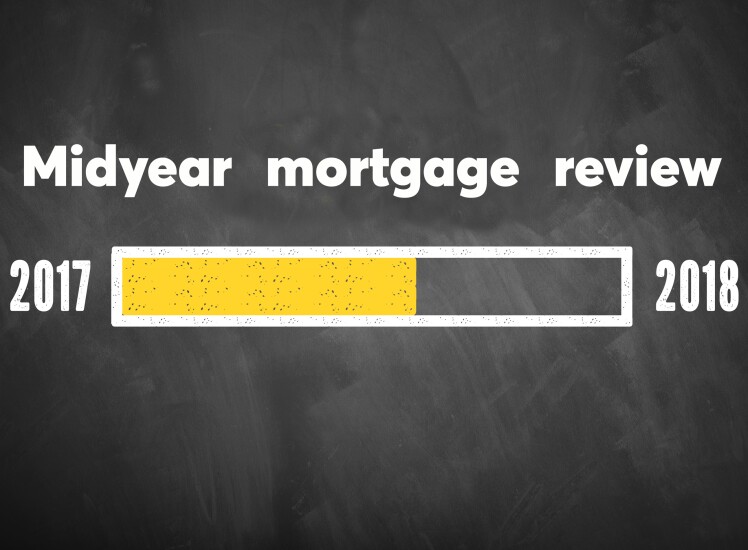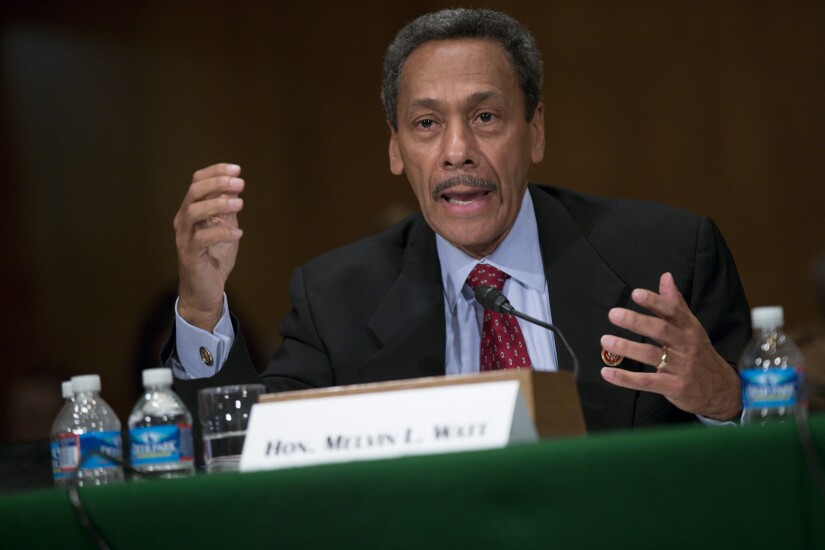

Trump administration takes shape
— Moments after Trump's swearing in,
— After an interview that some read as support for the plan known as "recap and release" to return Fannie Mae and Freddie Mac to the private sector,

What's next?
— The
— Mnuchin has set a goal of

Rising rates, low inventory fuel sharp drop in originations
— The rise in rates has put a damper on refinance activity, which was at a
— The soaring home prices have created market volatility that's making it difficult for appraisers to

Dodd-Frank do-over
—

CFPB: the Constitution, Cordray and consent orders
— The case's path took a curious turn with the election of Donald Trump in November. The Trump Justice Department later
— The case has also led to a
— Meanwhile, the agency has spent much of the year

Citi calls it quits in servicing
— The move is part of the bank's
—

More Ocwen scrutiny
— Then in April, the
— Ocwen denies the allegations and said it goes

Ocwen fallout
— Ocwen's stock price plummeted on the news of the regulatory action and
— Ocwen also sued a subsidiary of Fidelity National Information Services, accusing it of

New hope, and urgency, for housing finance reform
— The Treasury Department and FHFA
— Industry groups have backed competing blueprints for




